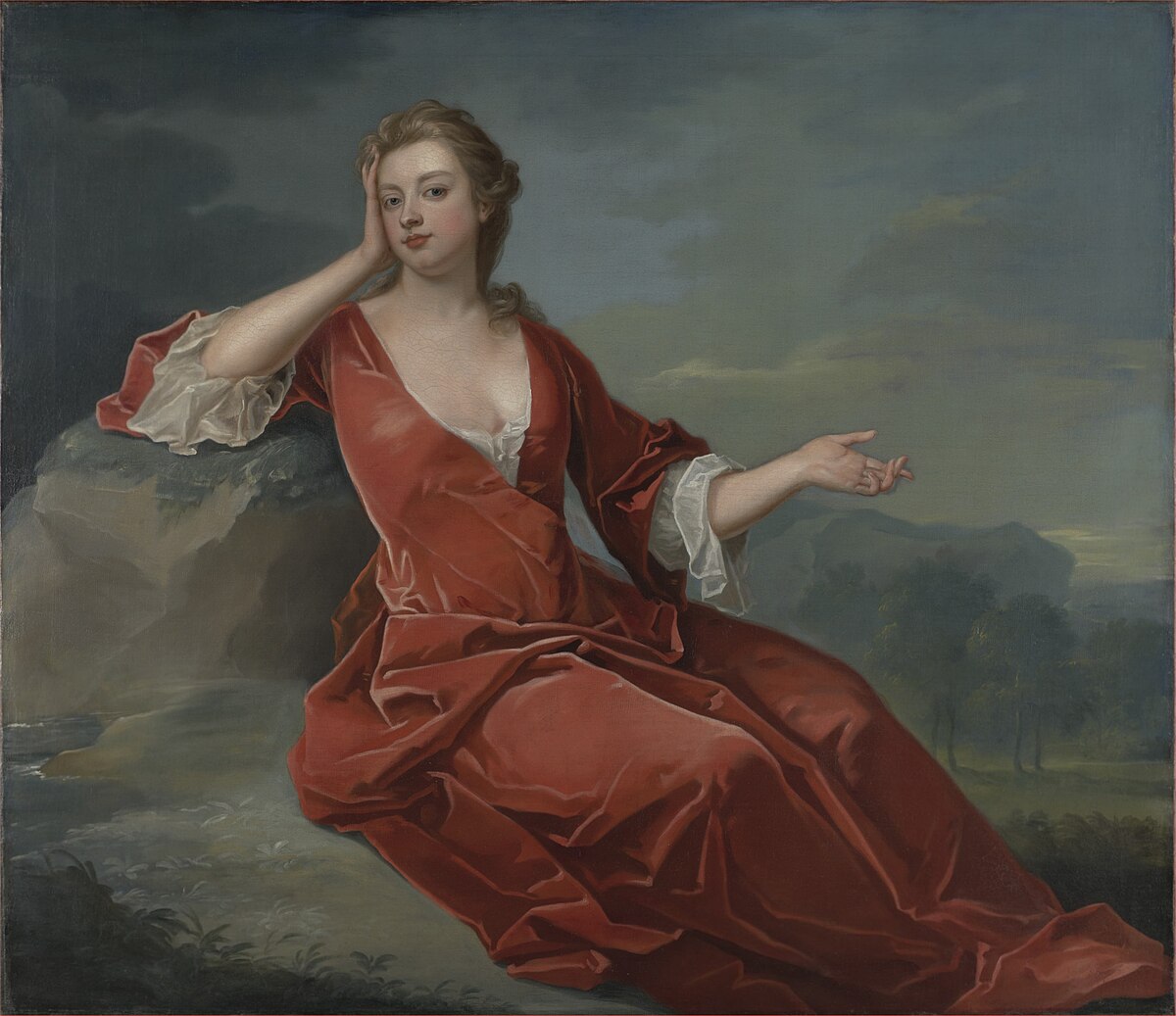modelcampusa.com – The title of Duchess holds a significant place in the hierarchy of nobility, serving as the female counterpart to the title of Duke. This esteemed rank is deeply rooted in the historical and cultural tapestry of various European countries, particularly in the United Kingdom, where the peerage system has been a cornerstone of social structure for centuries.
Historical Background
The term “Duchess” originates from the Latin “dux,” meaning leader or chief. In the feudal system, a Duke was a high-ranking nobleman, second only to the sovereign. The title of Duchess, therefore, denotes the wife or widow of a Duke, or, in some cases, a woman who holds a dukedom in her own right. The first Duchess in English history was Eleanor of Aquitaine, who became Duchess of Aquitaine in her own right before her marriage to Henry II of England in the 12th century.
Role and Responsibilities
A Duchess, by virtue of her title, is expected to fulfill various roles and responsibilities. These can range from supporting her husband in his duties, which may include serving as a member of the House of Lords, to engaging in charitable work and representing the family at public events. Duchesses are often involved in various philanthropic endeavors, using their status to raise awareness and funds for causes they support.
Modern Duchesses
In contemporary times, the role of a Duchess has evolved to reflect the changing societal norms and expectations. Modern Duchesses, such as those in the British royal family, are active in public life, using their platforms to advocate for social issues and to promote charitable causes. They are often seen as role models, embodying the values of service, duty, and compassion.
Notable Duchesses
Throughout history, there have been many notable Duchesses who have left their mark on the world. From Catherine the Great, who ruled as Empress of Russia, to Wallis Simpson, the Duchess of Windsor, whose marriage to King Edward VIII led to his abdication, these women have played significant roles in shaping the political and social landscapes of their times.
Conclusion
The title of Duchess carries with it a rich history and a set of responsibilities that extend beyond mere social status. It represents a legacy of leadership, service, and influence that continues to be upheld by the women who hold this esteemed title. As society evolves, so too does the role of the Duchess, reflecting the changing expectations and opportunities for women in positions of power and influence.
